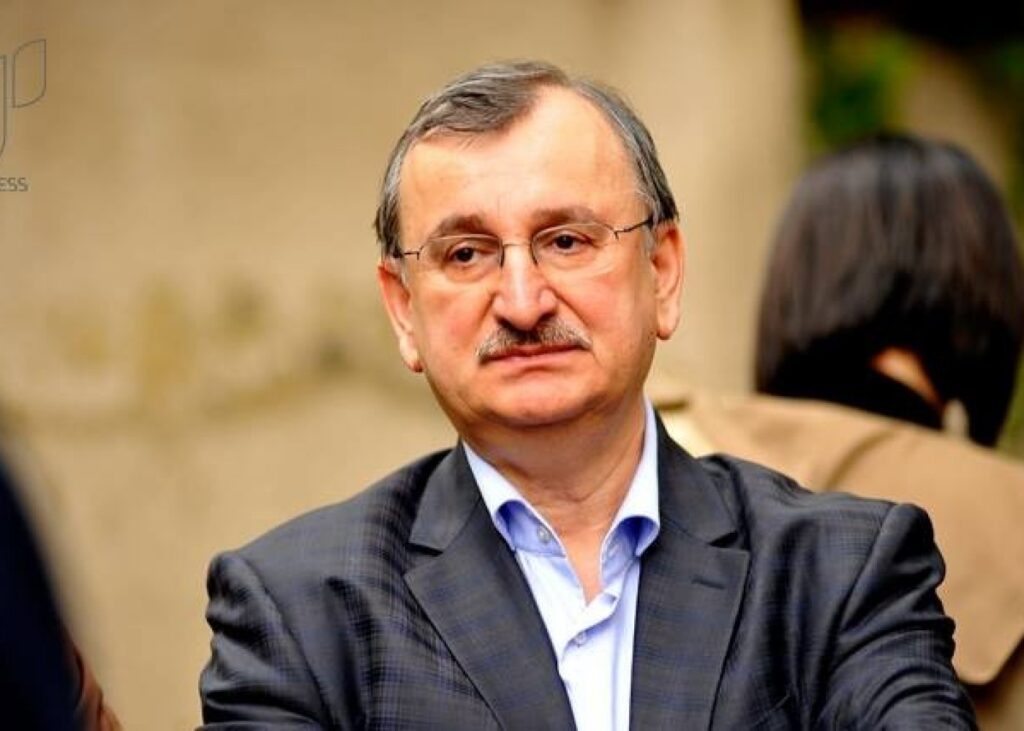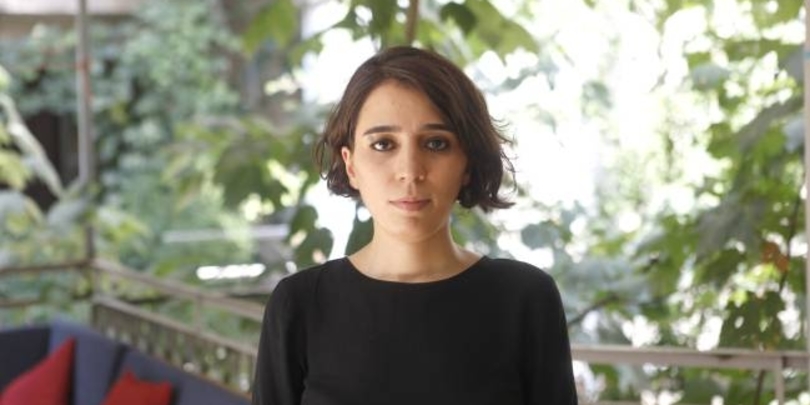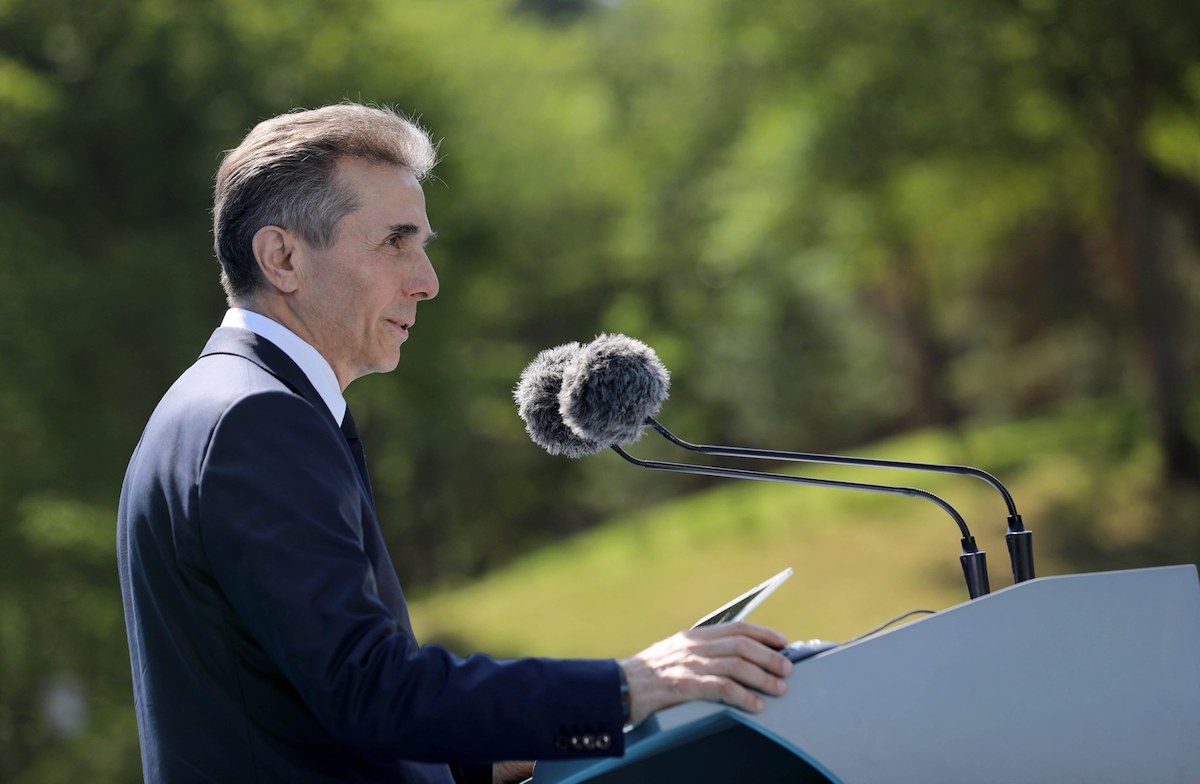Ivanishvili allegedly imports paintings worth nearly $500 million to Georgia
Ivanishvili imports paintings to Georgia
According to export-import data published by the Ministry of Finance, paintings worth a total of $480,658,330 were imported into Georgia in January 2025. Some politicians and experts suggest that they were brought into the country by its unofficial ruler, Bidzina Ivanishvili, who is under U.S. and UK sanctions.
The artworks, weighing over six tons including packaging and protective structures, were imported from the same countries that sanctioned Ivanishvili.
According to Georgia Foreign Trade Express, Georgia’s total imports in January 2025 amounted to $1.6 billion, a 45% increase compared to the same period last year and almost equal to the value of the imported paintings.
Former head of Ivanishvili’s Co-Investment Fund, Giorgi Bachiashvili, believes the reported figure is significantly understated, claiming the actual value of the art collection exceeds $1 billion.
Bachiashvili also stated that the total VAT, property, and other taxes on artworks of this value should amount to $300–400 million. However, these taxes were not paid due to a special tax exemption law—the so-called “offshore law”—previously approved by the Georgian Parliament, allegedly designed specifically for Ivanishvili.
Commentary

Economist Roman Gotsiridze:
“Thanks to the offshore law, this art scheme resulted in $86 million in unpaid taxes for Georgia’s budget. According to Bloomberg estimates, the actual value of the paintings is around $1 billion, meaning the budget missed out on a staggering $180 million in tax revenue.”
“Where will Ivanishvili store these paintings? Not at home, of course—that’s out of the question. Securing such a collection would require an entire army. In fact, the only suitable place is the National Bank’s vault, where seven tons of gold bars are stored. Let’s see whether the National Bank agrees to accommodate Ivanishvili, despite the fact that it would be illegal.”

Tamta Mikeladze, Director of the Centre for Social Justice:
“It is now clear that the legislative changes to the Tax Code regarding offshore companies meant:”
- Tax exemptions for unlimited capital flow. Ivanishvili, who controls a quarter of Georgia’s GDP, avoids taxation in favor of the state budget. In an already unfair tax system, where he and ordinary citizens are taxed at the same rate, he refuses to contribute even a single penny to public needs;
- False promises of economic growth. Isn’t it obvious that one-time capital inflows do not create industry, development, or sustainable economic growth? The Georgian Dream party’s claim that these tax changes would boost the economy was nothing but deception.;
- Subjugation of the political and legal system to Ivanishvili’s interests. He exploits state institutions to protect his wealth while consolidating his resources within the country. As a result, Georgia loses its core principle of governance—universality and accountability to the public—falling instead into a state of hijacked sovereignty..
In May 2024, the Georgian Parliament fast-tracked the adoption of the “offshore law,” disregarding objections from President Salome Zourabichvili, who warned that such amendments to the Tax Code posed serious political and economic risks and should not be rushed.
The amendments grant tax exemptions to Georgian companies receiving assets from businesses registered in offshore tax havens. Specifically:
а) Under asset transfer deals, profits earned by offshore-registered foreign companies and their owners are exempt from corporate and income taxes;
б)Imported assets and goods entering Georgia are exempt from import duties;
в) Georgian companies acquiring assets from offshore entities are exempt from property tax until January 1, 2030.
Chairman of the Financial and Budgetary Committee, Paata Kvizhinadze, insisted that the law does not apply to Bidzina Ivanishvili’s offshore assets—but his opponents remain unconvinced.




















